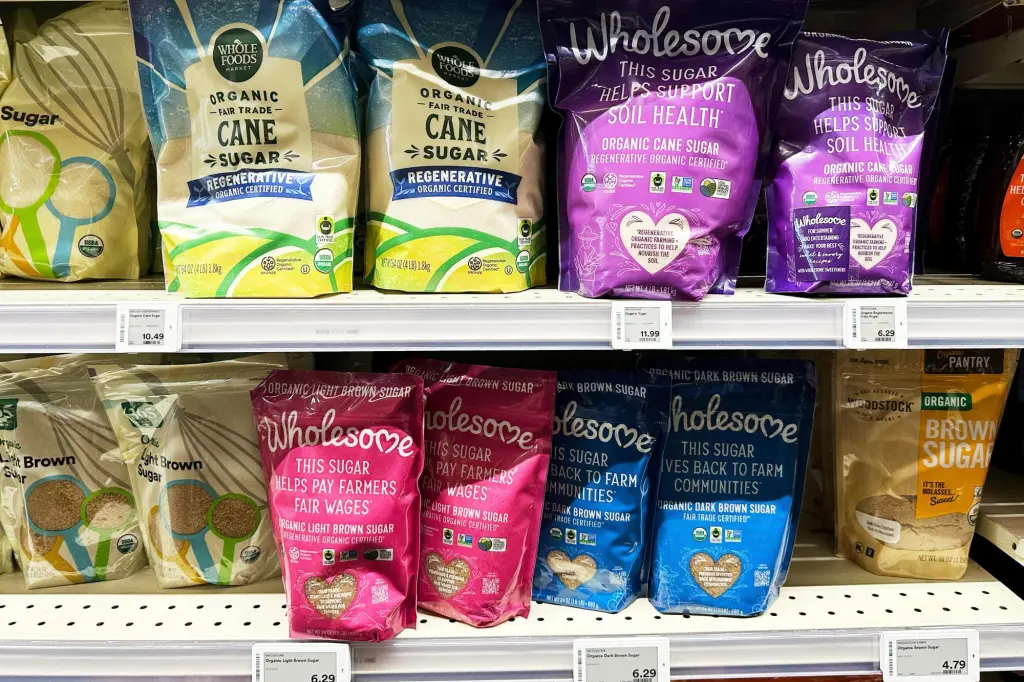
To place an obituary, please include the information from the obituary checklist below in an email to obits@pioneerpress.com. There is no option to place them through our website. Feel free to contact our obituary desk at 651-228-5263 with any questions.
General Information:
Your full name,
Address (City, State, Zip Code),
Phone number,
And an alternate phone number (if any)
Obituary Specification:
Name of Deceased,
Obituary Text,
A photo in a JPEG or PDF file is preferable, TIF and other files are accepted, we will contact you if there are any issues with the photo.
Ad Run dates
There is a discount for running more than one day, but this must be scheduled on the first run date to apply.
If a photo is used, it must be used for both days for the discount to apply, contact us for more information.
Policies:
Verification of Death:
In order to publish obituaries a name and phone number of funeral home/cremation society is required. We must contact the funeral home/cremation society handling the arrangements during their business hours to verify the death. If the body of the deceased has been donated to the University of Minnesota Anatomy Bequest Program, or a similar program, their phone number is required for verification.
Please allow enough time to contact them especially during their limited weekend hours.
A death certificate is also acceptable for this purpose but only one of these two options are necessary.
Guestbook and Outside Websites:
We are not allowed to reference other media sources with a guestbook or an obituary placed elsewhere when placing an obituary in print and online. We may place a website for a funeral home or a family email for contact instead; contact us with any questions regarding this matter.
Obituary Process:
Once your submission is completed, we will fax or email a proof for review prior to publication in the newspaper. This proof includes price and days the notice is scheduled to appear.
Please review the proof carefully. We must be notified of errors or changes before the notice appears in the Pioneer Press based on each day’s deadlines.
After publication, we will not be responsible for errors that may occur after final proofing.
Online:
Changes to an online obituary can be handled through the obituary desk. Call us with further questions.
Payment Procedure:
Pre-payment is required for all obituary notices prior to publication by the deadline specified below in our deadline schedule. Please call 651-228-5263 with your payment information after you have received the proof and approved its contents.
Credit Card: Payment accepted by phone only due to PCI (Payment Card Industry) regulations
EFT: Check by phone. Please provide your routing number and account number.
Cash: Accepted at our FRONT COUNTER Monday – Friday from 8:00AM – 3:30PM
Rates:
The minimum charge is $162 for the first 10 lines.
Every line after the first 10 is $12.20.
If the ad is under 10 lines it will be charged the minimum rate of $162.
On a second run date, the lines are $8.20 per line, starting w/ the first line.
For example: if first run date was 20 lines the cost would be $164.
Each photo published is $125 per day.
For example: 2 photos in the paper on 2 days would be 4 photo charges at $500.
Deadlines:
Please follow deadline times to ensure your obituary is published on the day requested.
Hours
Deadline (no exceptions)
Ad
Photos
MEMORIAM (NON-OBITUARY) REQUEST
Unlike an obituary, Memoriam submissions are remembrances of a loved one who has passed. The rates for a memoriam differ from obituaries.
Please call or email us for more memoriam information
Please call 651-228-5280 for more information.
HOURS: Monday – Friday 8:00AM – 5:00PM (CLOSED WEEKENDS and HOLIDAYS)
Please submit your memoriam ad to memoriams@pioneerpress.com or call 651-228-5280.
By SARAH RAZA, Associated Press
SIOUX FALLS, S.D. (AP) — The price of most organic food could jump this fall due to new policies and tariffs on imported organic sugar, frustrating manufacturers who say the actions won’t help sugar growers but could put some food companies out of business.
More than 90% of organic sugar used by U.S. manufacturers is imported. The price of that product increased in August when the Trump administration imposed steep trade tariffs, and will rise even more when high-tier duties on most organic sugar imports take effect Oct. 1.
The result, according to the Organic Trade Association, is that the price of organic sugar is expected to soar by an average of 30%, increasing costs of producing most organic foods — everything from yogurt to cookies.
Each year, the U.S. imports 1,825 tons (1,656 metric tons) of specialty sugar because it’s required under a World Trade Organization agreement. But demand for organic sugar far exceeds that amount, so the U.S. Department of Agriculture sets an annual quota for the amount of specialty sugar that can be imported into the U.S. duty-free.
Last year, the quota was 231,485 tons (210,000 metric tons), which still wasn’t enough to meet demand. This year, the USDA’s quota taking effect Oct. 1 will be zero, and all organic sugar imports beyond the WTO minimum will be hit with high out-of-quota duties.
The U.S. Department of Agriculture has said its restrictions on specialty sugar imports are intended to help the U.S. sugar industry. The department didn’t respond to inquiries about its new sugar policy.
Specialty sugar policy could lead to higher prices
The limits on duty-free imports of specialty sugar plus a new 50% tariff on Brazil, which supplies 40% of the U.S.’s organic sugar, is especially difficult because organic products are already more expensive than their conventional counterparts. Growers must meet more requirements to be certified organic, such as restrictions on pesticides and fertilizers.
U.S. manufacturers say that buying domestic organic sugar isn’t an option because there is only one U.S. farm that produces the specialty crop, and converting a conventional farm to organic takes at least three years.
They warn the combined effect of the tariff and import caps may force them either to raise prices or curb production.
“It’s essentially punishing domestic manufacturers for using an ingredient that we really can’t obtain domestically, and don’t have any prospects of obtaining domestically any time in the near future,” said Britt Lundgren, who oversees government affairs for organic yogurt maker Stonyfield.
Tom Chapman, co-CEO of the Organic Trade Association, said he expects “dramatic impacts.”
“The high tier tariff is so high that we don’t see that it’s an absorbable rate of tariff, in addition to all the other tariffs that would apply,” Chapman said.
Organic food manufacturers will buy most of the imported organic sugar, though some will be offered on grocery shelves, where home bakers likely will see increased prices.
U.S. not producing enough organic sugar to meet demand
Demand for organic sugar had already been outpacing imports for the past several years but that did not spur any new domestic producers, organic food manufacturers said.
In addition to limited production, the U.S. also has limited organic sugar processing because ingredients that are certified organic must be segregated from conventional ingredients when processed.
Whole Earth Brands, a company that sells a variety of sweeteners, is anticipating a 100% increase in organic sugar costs, according to company president Nigel Willerton.
“We supply every major supermarket in the U.S. and natural food stores. We’ll see our prices go up quite considerably. There’s nothing we can avoid there,” he said.
How much prices will change depends on how much sugar is used in the product. For example, sweeteners that are made almost entirely from organic sugar are likely to see bigger price increases than dairy products, where organic sugar is not the main ingredient.
Higher sugar costs may lead some businesses to shut down
Many organic food manufacturers are smaller operations, so they are more sensitive to increases in input costs, Willerton said. Some of them may not have the margins to absorb the cost, and they’re unable to replace organic sugar substitutes because it would require product reformulation.
“We’ve got lots of small companies involved in this business,” Willerton said. “These small premium companies producing these products are literally going to find themselves priced out of the market.”
The U.S. government has long had a prominent role in sugar production with policies for setting minimum prices and generous loan programs.
Still, Chapman said he doesn’t understand what the USDA is trying to accomplish with its restrictions.
“When we looked at the USDA announcements, they were talking about domestic sugar shrinking and mills closing,” he said. “There’s only one mill. They were in operation before and they’re in operation now.”
Florida Crystals Corporation, the only organic sugar producer in the U.S., supplies 8% of the U.S. organic sugar market, up from about 2% a decade ago.
Marianne Martinez, the company’s spokesperson, said the USDA’s new specialty sugar policy “is encouraging and could result in an increase in U.S.-grown and milled organic cane sugar production if it becomes a long-term policy.”
The USDA has not announced any other initiatives to support organic growers in the meantime.
Originally Published: September 18, 2025 at 11:31 AM CDT



